Members
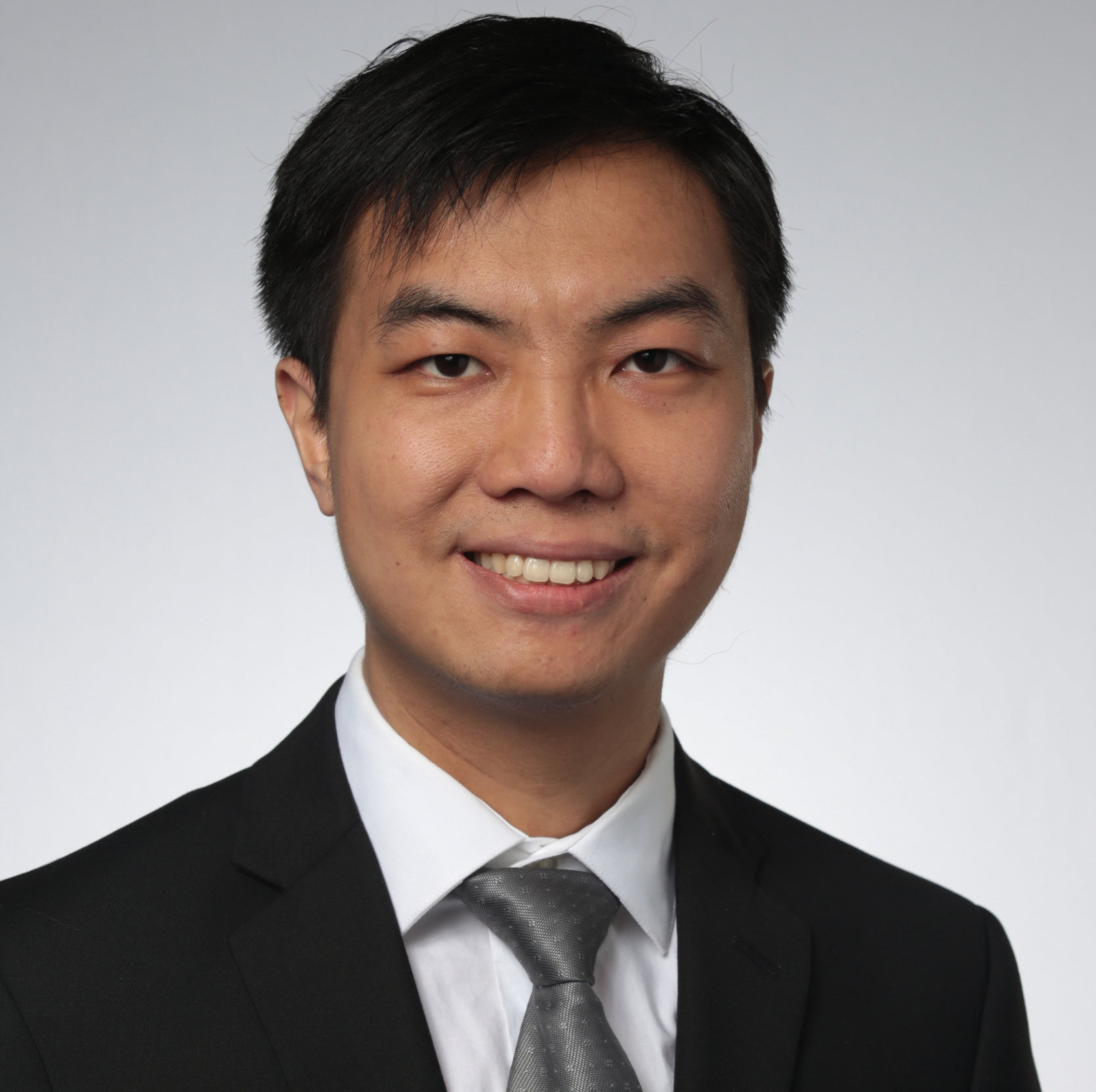
Yongxin (Leon) Zhao
Principle Investigator
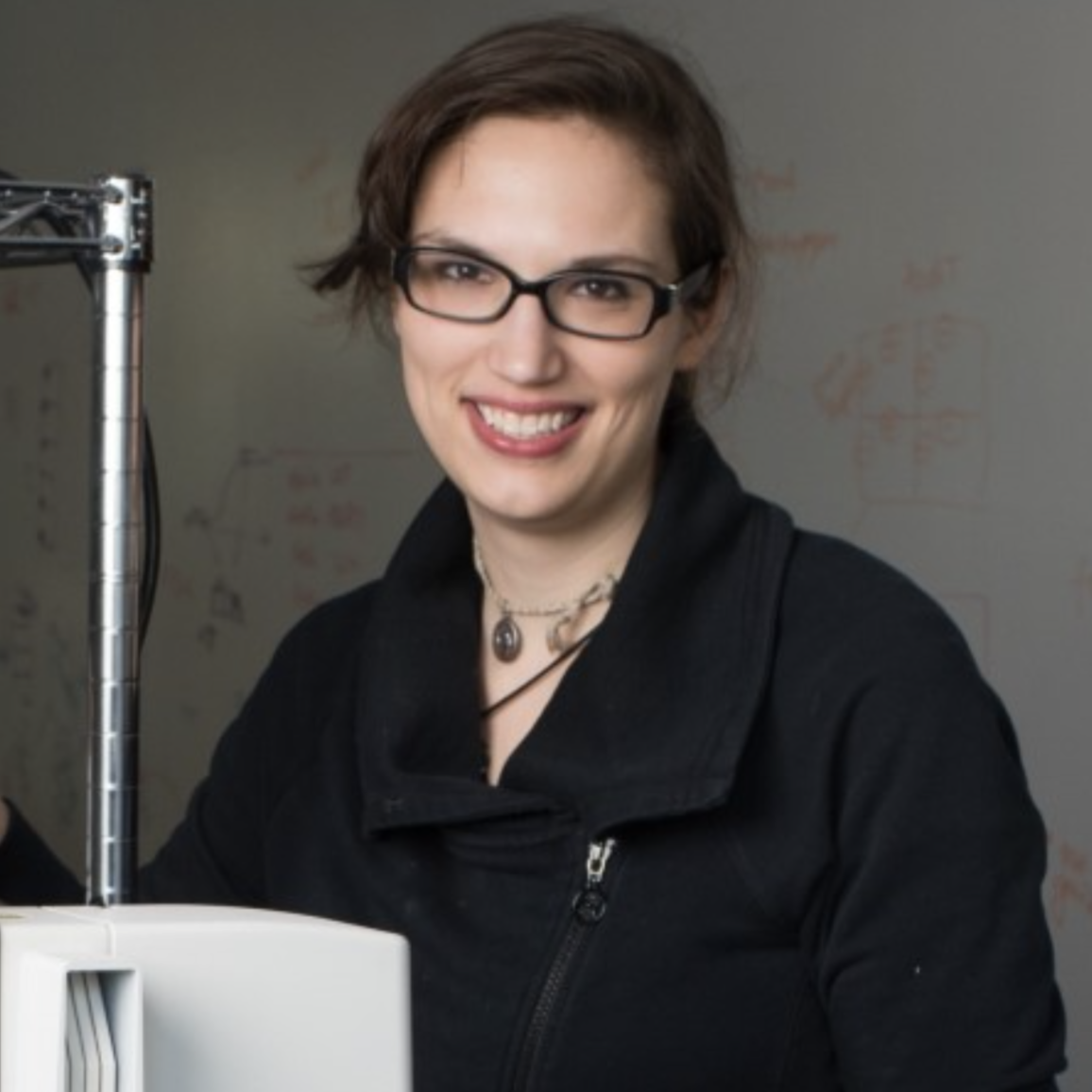
Aleksandra Klimas
Postdoctoral Associate
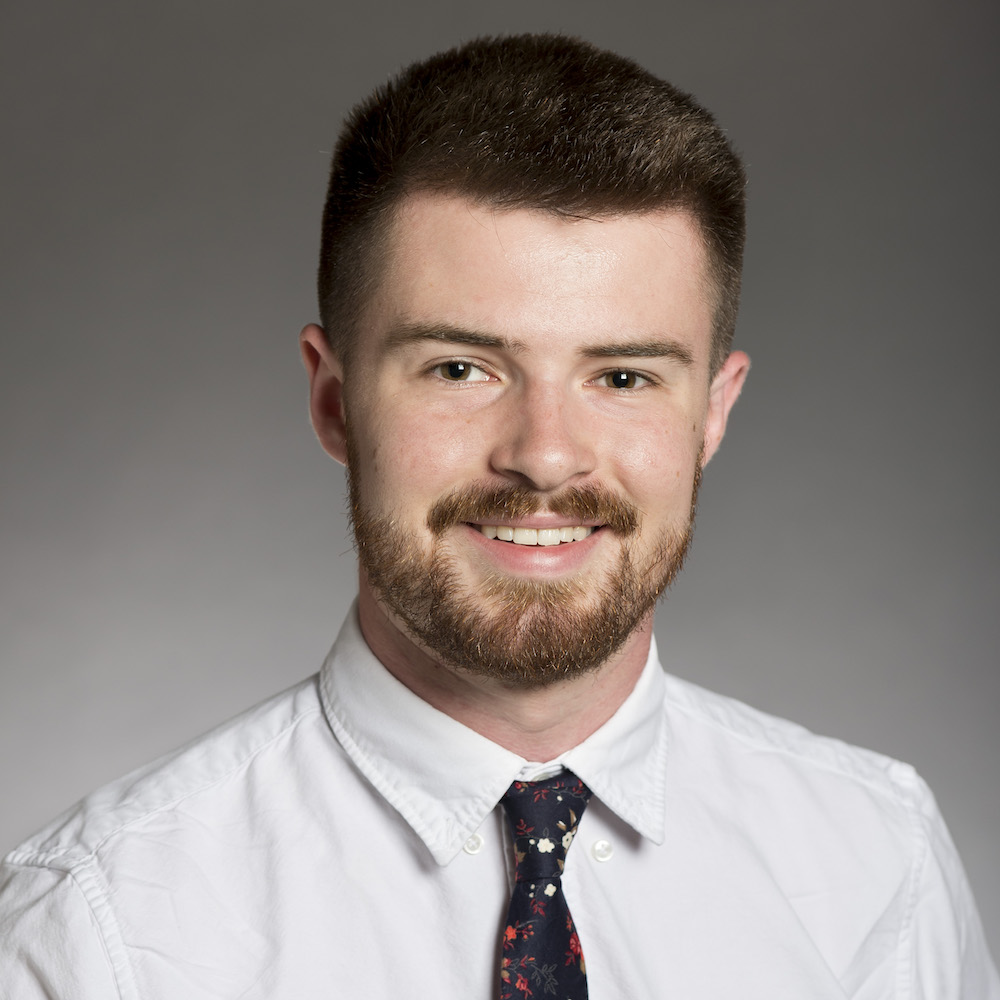
Brendan Gallagher
Ph.D. Candidate
Brendan’s work involves using Magnify to study how the brain changes at the nanoscale with learning or disease. He is passionate about developing super-resolution methods to fill current gaps in neuroscience, with a focus on ensuring accessibility and ease of use for researchers.
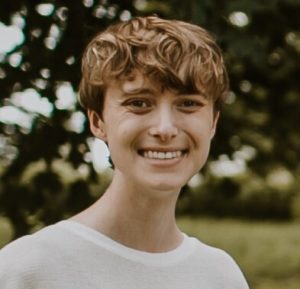
Emma DiBernardo
Ph.D. Candidate
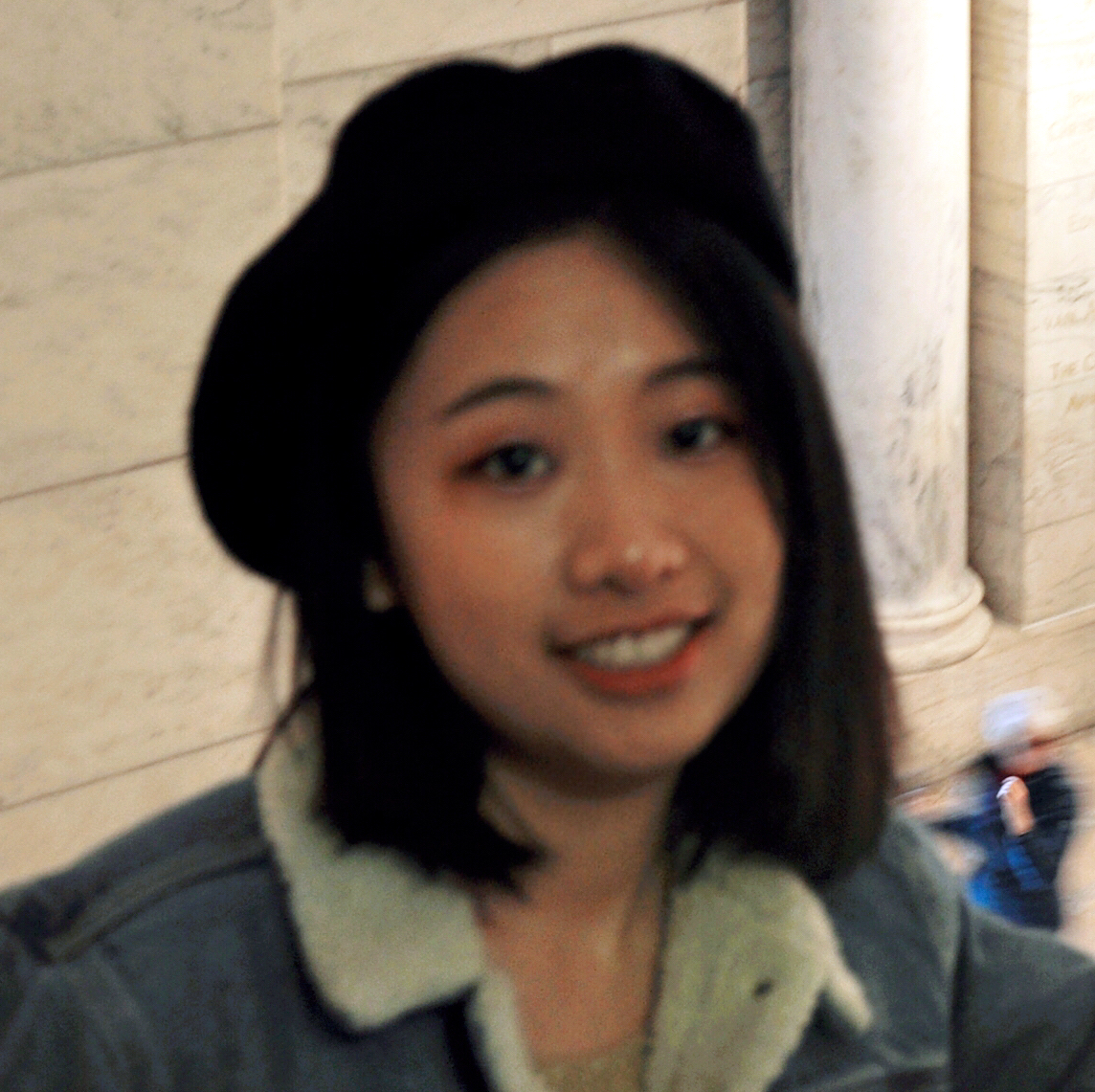
Zhangyu (Sharey) Cheng
Ph.D. Candidate

Jason Nguyen
Ph.D. Candidate
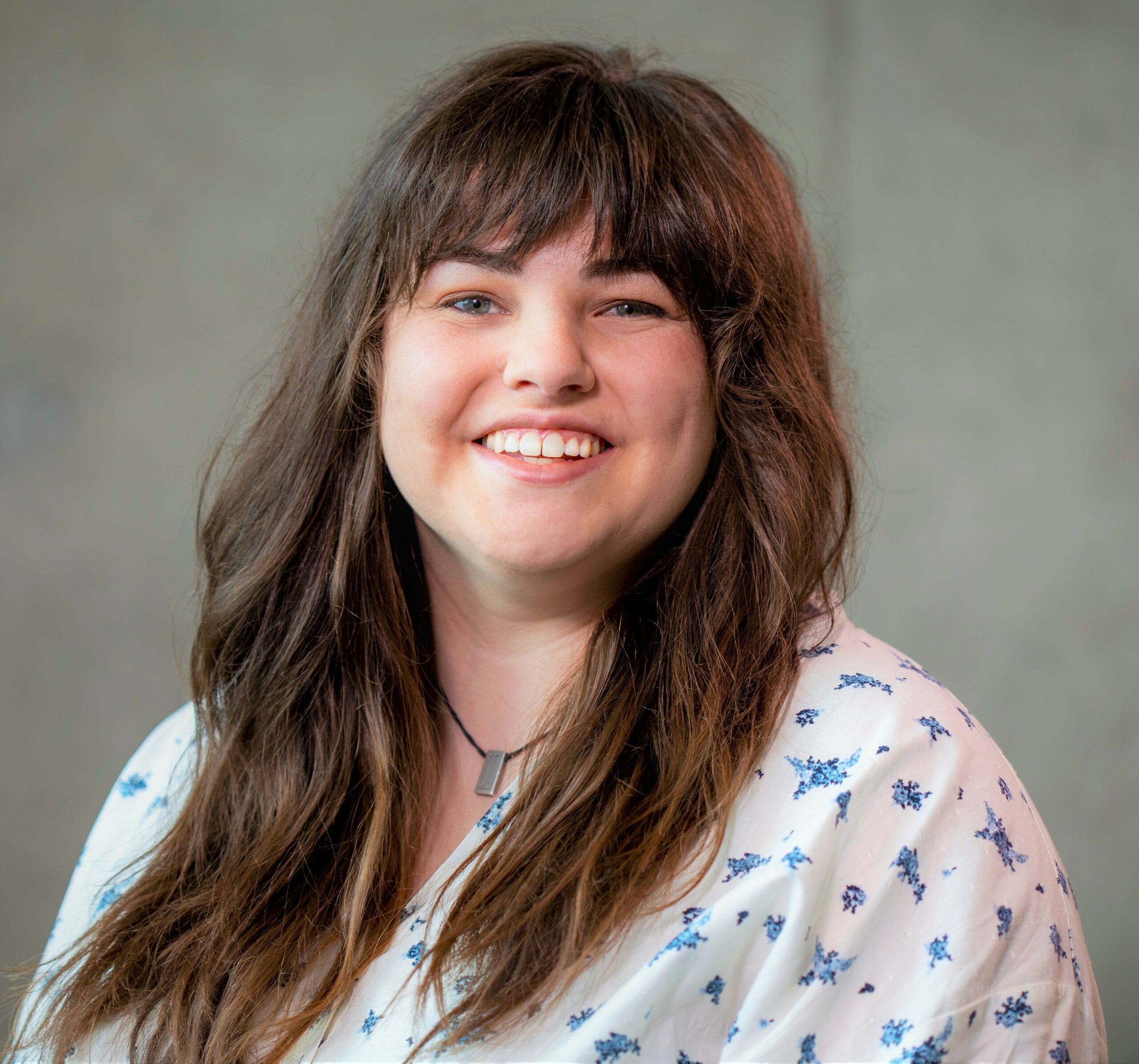
Alli Lindquist
Ph.D. Student

Rong Xu
Ph.D. Student
Rong is currently developing next-generation Magnify tools for brightfield imaging, with the goal of enabling high-throughput, high-resolution detection for routine applications in general pathology. She is passionate about vision science and uses Magnify to investigate neurological defects, for example Alzheimer’s disease that affect the retina.

Ha Vo
Ph.D. Student
Ha utilizes Magnify on a wide range of human FFPE clinical samples and is developing a multiplexed expansion microscopy (ExM) platform for nanoscale diagnostic pathology. With a background in cancer biology and translational research, she is passionate about building tools for high-resolution visualization of the immune landscape in renal pathology, and immune interactions with the gut microbiome in colorectal cancer. Her work seeks to expand ExM applications across various multifactorial medical challenges.